Trying to figure out how to build a cheap gaming PC that doesn’t suck? We hear you. The best gaming PCs have a reputation for being really expensive, with extremely high-end systems setting you back thousands of dollars to buy or build. But, there’s more to building PCs for gaming than what the 1% can afford.
To prove that point, we’ll show you exactly how to build a cheap gaming PC that doesn’t suck. The system we’ll walk you through here won’t be able to play Control at 4K with ray tracing maxed out, but 1080p at high settings? Easy. Thanks to excellent processors and graphics cards that are, now more than ever, priced competitively, it’s practically a walk in the park – as long as you know what to look for.
If you’re building a system out of new parts, you’re not going to be able to beat the Xbox One X at the same price point. 4K gaming is pretty much out of the question until you get to the mid-range. You can get around this by picking up used parts, but that’s not something we’d recommend if you're afraid of your PC components spontaneously combusting.
But, the other benefits that a gaming PC can offer more than make up for the higher price tag. And, even if PC gaming has a higher entry price, you’ll still save a ton of money over time on PC games.
This PC Gaming Week 2020, let us guide you through how to build a cheap gaming PC that doesn’t suck. Whether you’re simply looking to save a lot of cash on a great performing gaming machine or you really don’t need a setup with a lot of power in the first place, you’ve come to the right place.
What you'll need
Despite what you may have thought, you don’t need too much in the way of tools to build a cheap gaming PC. A phillips head screwdriver is the only absolutely necessary tool. However, there are a couple things that can help you out. Because you’ll be dealing with a lot of screws, having a parts tray helps a lot. If you don’t have one of those lying around (who can blame you), you can just use a couple bowls to keep things sorted.
Also, you have to be on the lookout for static electricity. An anti-static wristband is a godsend if you have one, but if you don’t, just make sure you’re not standing on carpet when building, and discharge any latent static electricity by touching some metal, like your power supply or PC case.
Most importantly, however, you need a clean space to build. If you can clear off the dining room table for a couple hours, that’s perfect. You just need enough space to hold all of your PC components.
The parts
There are so many PC components out there these days that you could theoretically build dozens of PCs without having the same parts list. Luckily, we follow PC components literally every day, so we used our expertise to pick out the best bang-for-your-buck PC components for this cheap gaming PC, and why those parts are the best choices for a budget PC build in 2019. And, once you’ve gathered up all the best PC components that don’t suck we’ll show you how to build a PC.
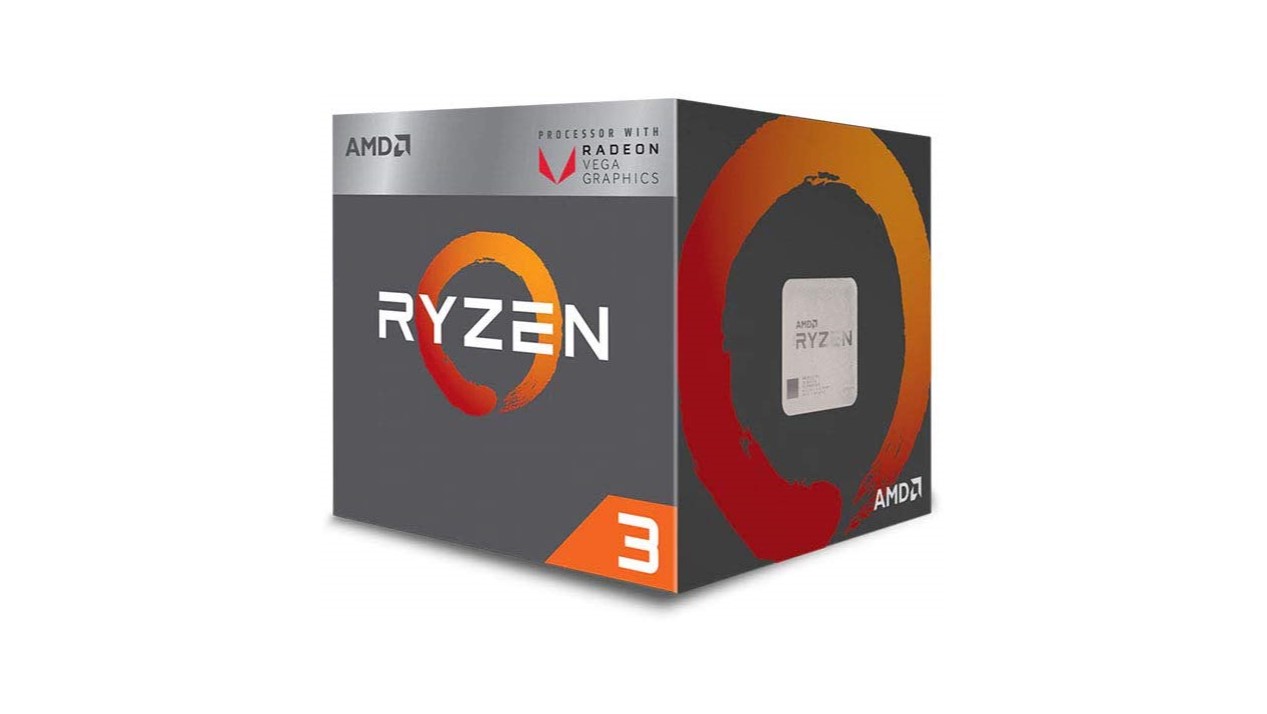
Processor: AMD Ryzen 3 3200G
Getting a quad-core for cheap
This AMD Ryzen processor (CPU) is the holy grail of budget PC components. It’s a quad-core chip with a boost clock of 4.0GHz, which would be enough to get some PC gaming done on its own. Where this chip really gains its budget bragging rights, however, is in the on-board Radeon Vega 8 graphics. This integrated graphics processor (GPU) isn’t powerful enough to play top-end games, but it should be enough to try some of the best indie games while saving up for a beefy graphics.
Intel alternative: we’d suggest the Pentium G4560. It’s only a dual-core chip, but with high clock speeds and hyper-threading it can keep up with the latest PC games.
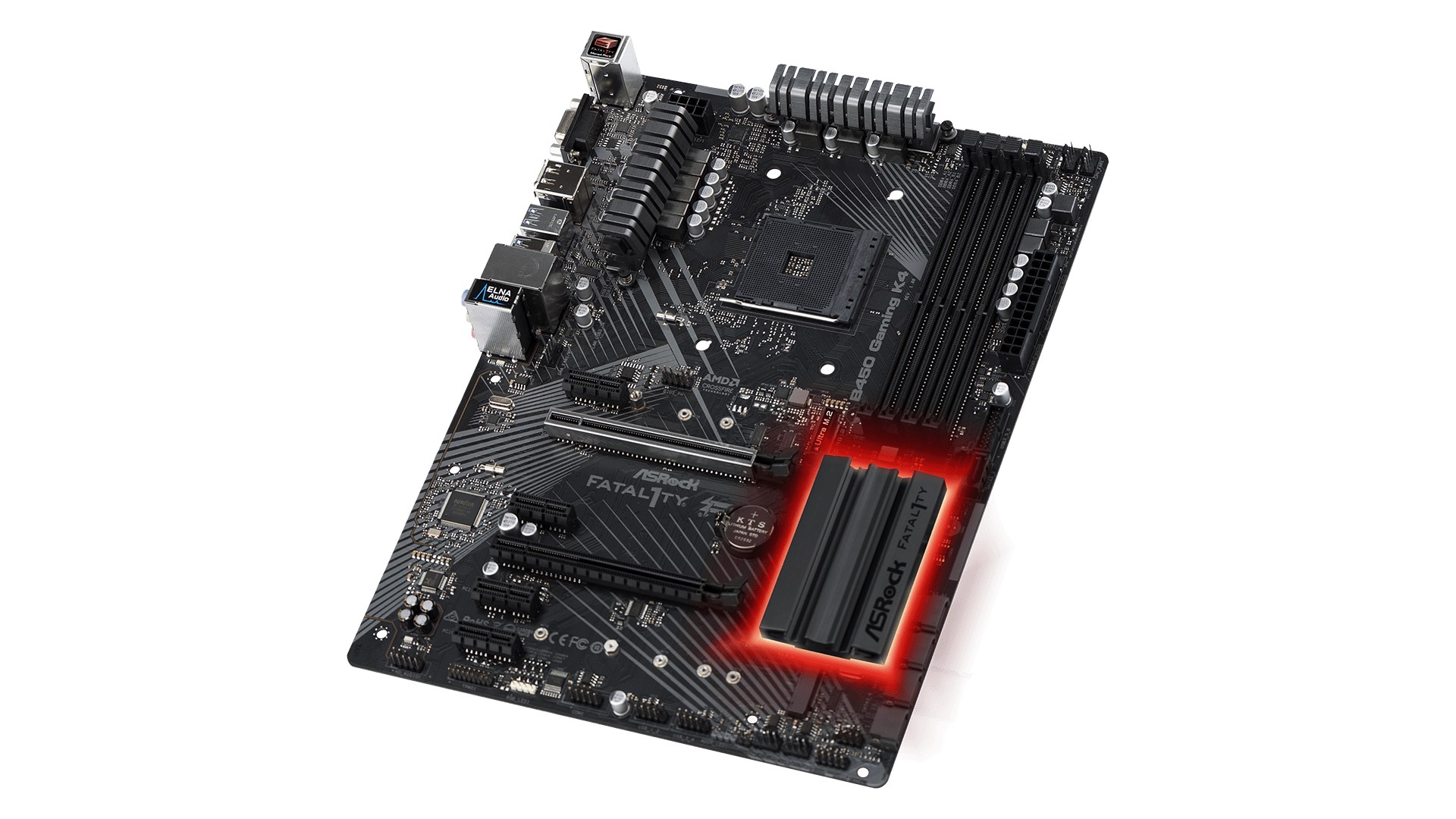
Motherboard: ASRock Fatal1ty B450 Gaming
You shouldn't have to break open the piggy bank
When you’re picking out a motherboard, you don’t want to skimp too much. It’s one of those components where if something goes wrong, you have to rebuild the entire PC. The ASRock Fatal1ty B450 Gaming will get the job done, while saving you plenty of cash. It’s not the most feature-rich motherboard out there, but you’re just looking for a dependable board. Just keep in mind that you'll have to update the BIOS to at least version P3.20 to use the Ryzen 3 3200G. But, if you're not comfortable with that, you can always pick up the Ryzen 3 2200G instead – you won't lose much performance.
Intel alternative: if you’re going with Team Blue, you can save quite a bit on the motherboard by going with the ASRock B250M-HDV motherboard. It’s an older chipset, so you can find a bargain.
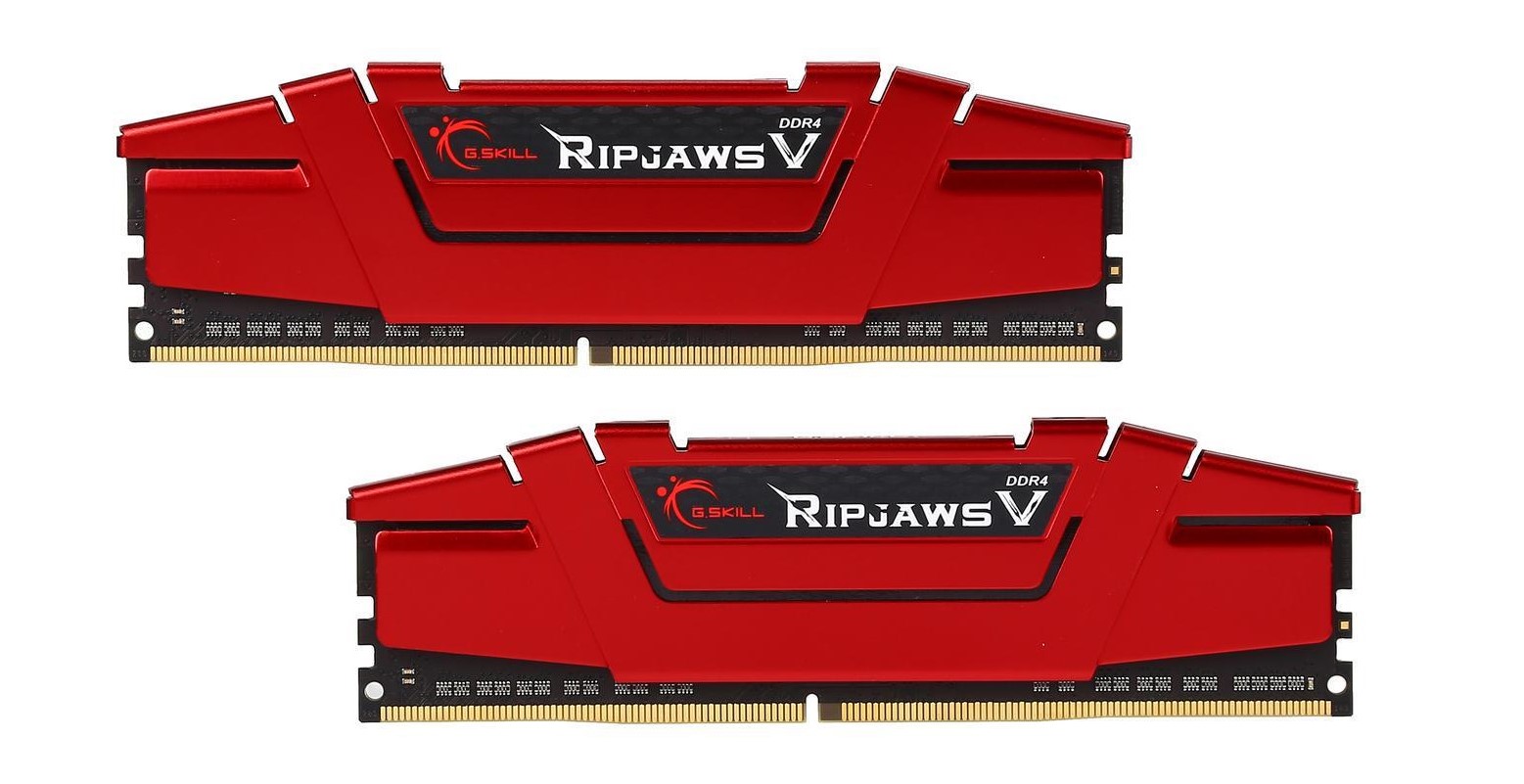
Memory: G.Skill Ripjaws V
Some reasonable RAM
For budget gamers, sticking with 8GB of memory (RAM) is reasonable. There are some heavy duty games that will really start to push past that limit, but those are few and far between – especially at 1080p. So, we recommend picking up an 8GB kit of G.Skill Ripjaws V DDR4. It’s not the fastest or the flashiest, but it gets the job done.
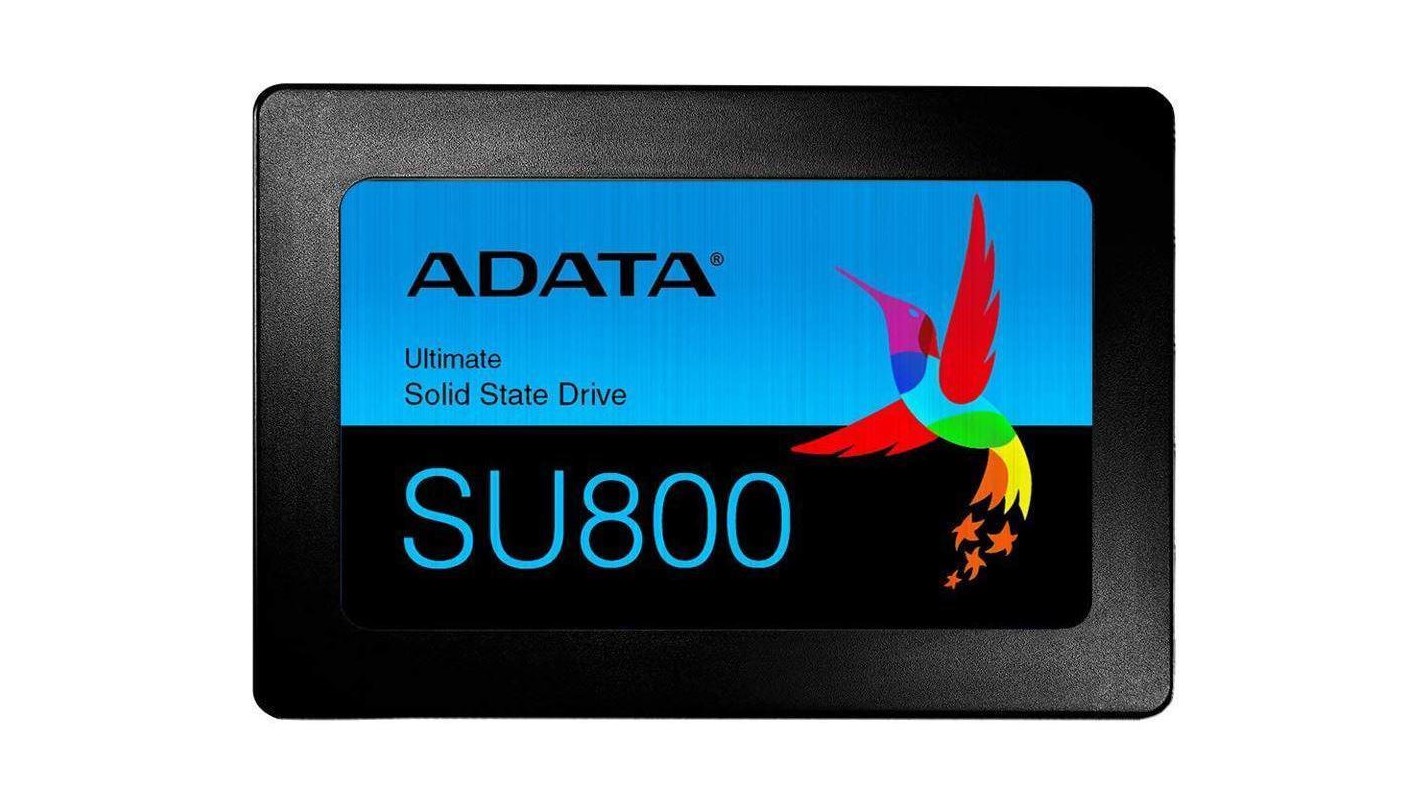
SSD: Adata Ultimate SU800 128GB
An affordable boot drive
A 128GB SSD may sound small to you, and it is, but when you’re just trying to get an affordable PC build done, it’s perfect. The Adata Ultimate SU800 128GB is big enough to fit your operating system on, which means your computer will be nice and fast, and more importantly, it’s dirt-cheap. This drive is just $20, and you should be able to find it for even cheaper during seasonal sales like Black Friday.
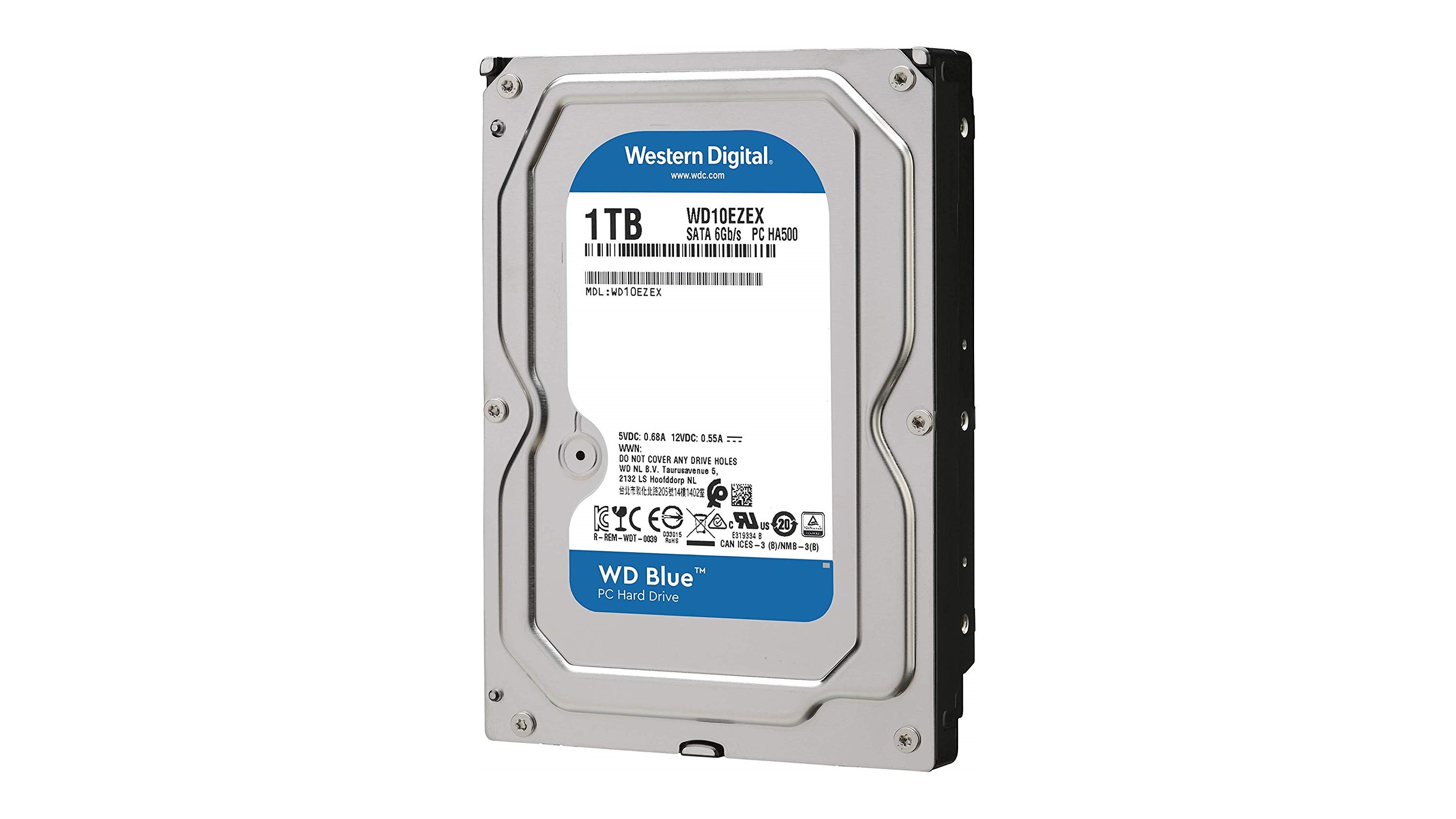
Hard drive: WD Caviar Blue 1TB
This is where your games go
Unfortunately, SSDs are so much more expensive than the best hard drives when it comes to mass storage – that’s just a fact of life. That’s why picking up a 1TB hard drive, like the WD Caviar Blue, just makes sense for a cheap gaming PC. You’ll install your OS and maybe like one game on your SSD, and everything else can just go on your hard drive.
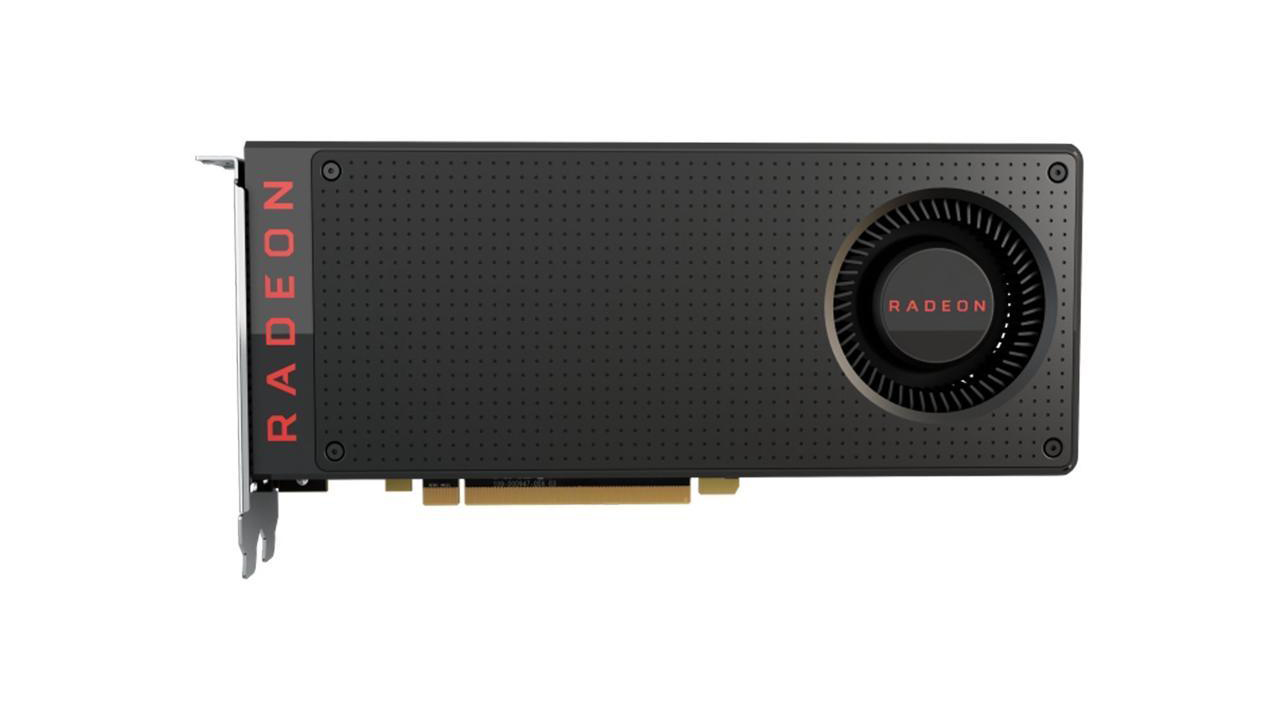
Graphics card: AMD Radeon RX 570 8GB
A great 1080p card
When you’re shopping for the best graphics card for your build, the most important advice we can give you is to consider what you’re going for. A lot of people will tell you that the Nvidia GeForce RTX 2080 Ti is the best graphics card out there, but not everyone has $1,200/£1,200to throw at a GPU. That’s why the AMD Radeon RX 570 8GB is such a gem. It’s extremely affordable, and should be good enough to handle most games at 1080p at high settings.
Nvidia alternative: If you’re looking for an affordable Nvidia card that trades blows with the AMD Radeon RX 570, you’ll want to take a look at the GeForce GTX 1650. It’s not super powerful, but it will get you through your 1080p gaming.
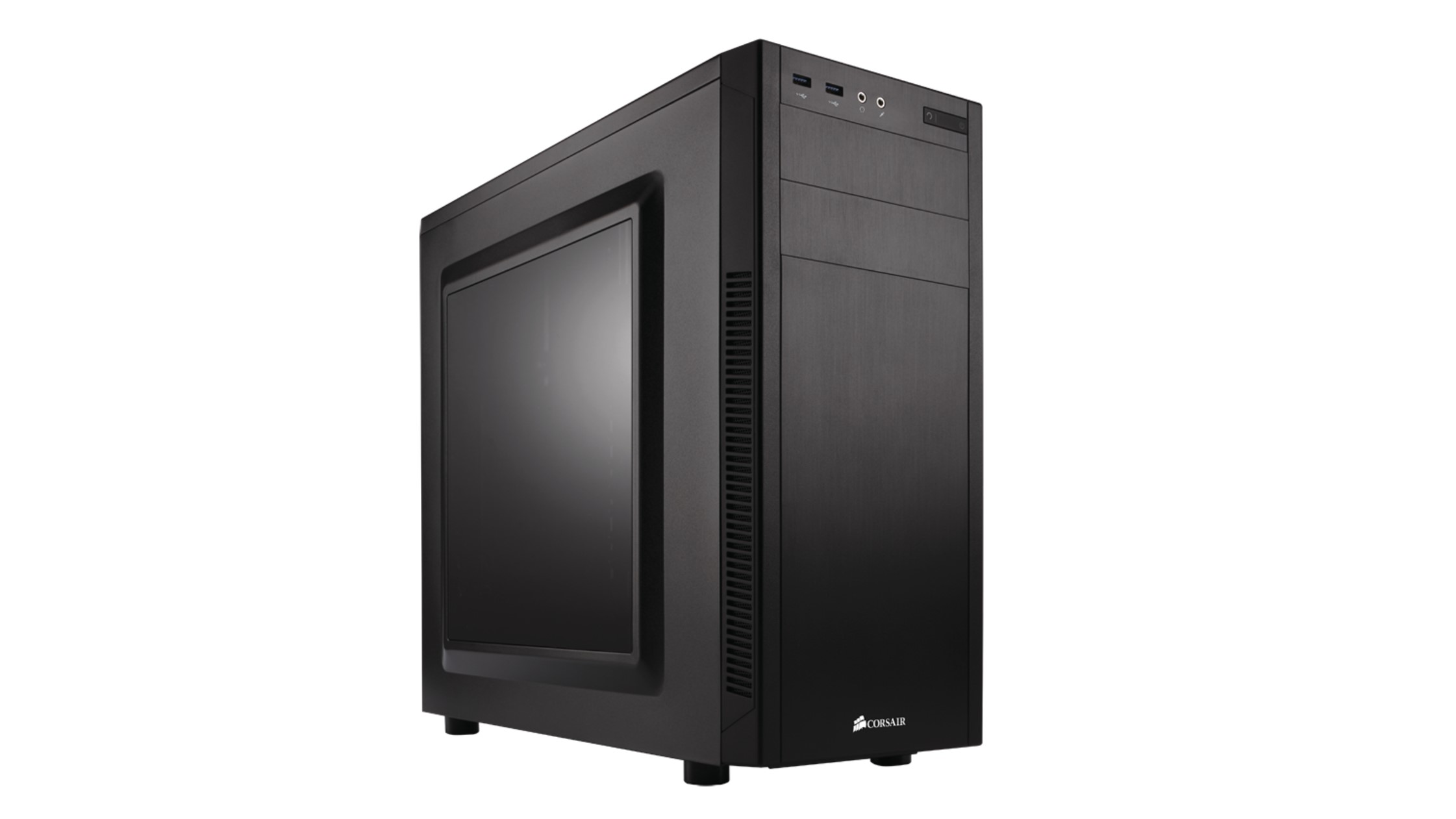
PC case: Corsair Carbide 100R
A big black box
With a PC case, you really don’t need the most badass tower to get the job done. And, the Corsair 100R s a perfect example of a cheap PC case that doesn’t suck. It doesn’t have all the RGB lights and tempered glass panels that a more expensive case might, but what matters is that there’s plenty of room for case fans, and more than enough space for full length graphics cards if you want to upgrade later.
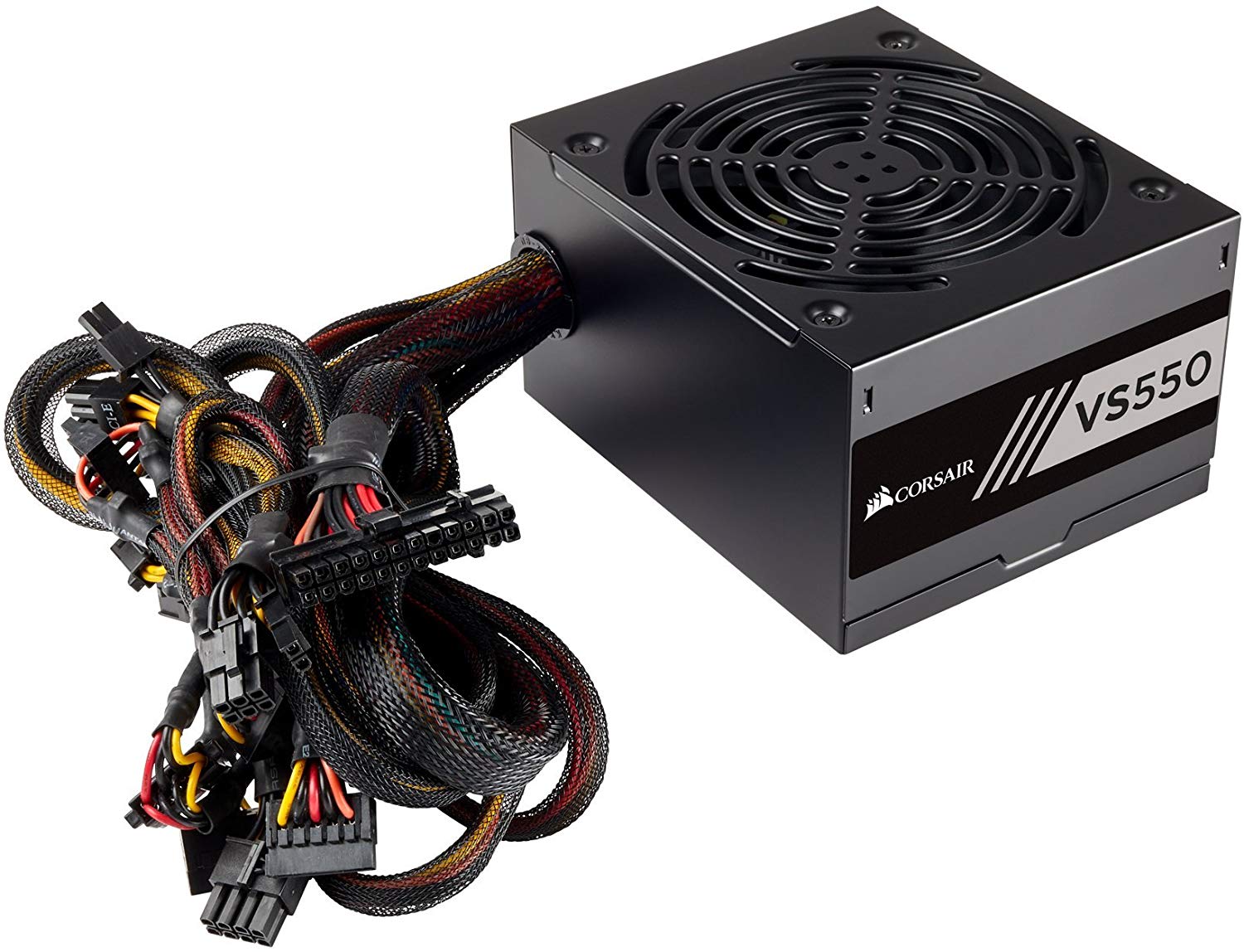
PC power supply: Corsair VS550
Desperate times ...
When you’re setting out to build a cheap gaming PC that doesn’t suck, it's easy to find the cheapest power supply and toss it into your PC. But, because that could literally present a fire hazard, you should at least find something like the Corsair VS550K. This budget power supply just has an 80+ efficiency rating, rather than the Gold, Silver or Bronze efficiencies of more expensive PSUs, but it should still be good enough to get the job done. Just keep in mind that this power supply isn’t modular, so you might have to find some creative ways to hide the extra cables.
TechRadar’s PC Gaming Week 2020 is celebrating the most powerful gaming platform on Earth with articles, interviews and essential buying guides that showcase how diverse, imaginative, and remarkable PC games – and gamers – can be. Visit our PC Gaming Week 2020 page to see all our coverage in one place.
from TechRadar - All the latest technology news https://ift.tt/2nXkPlk
via IFTTT
0 التعليقات: